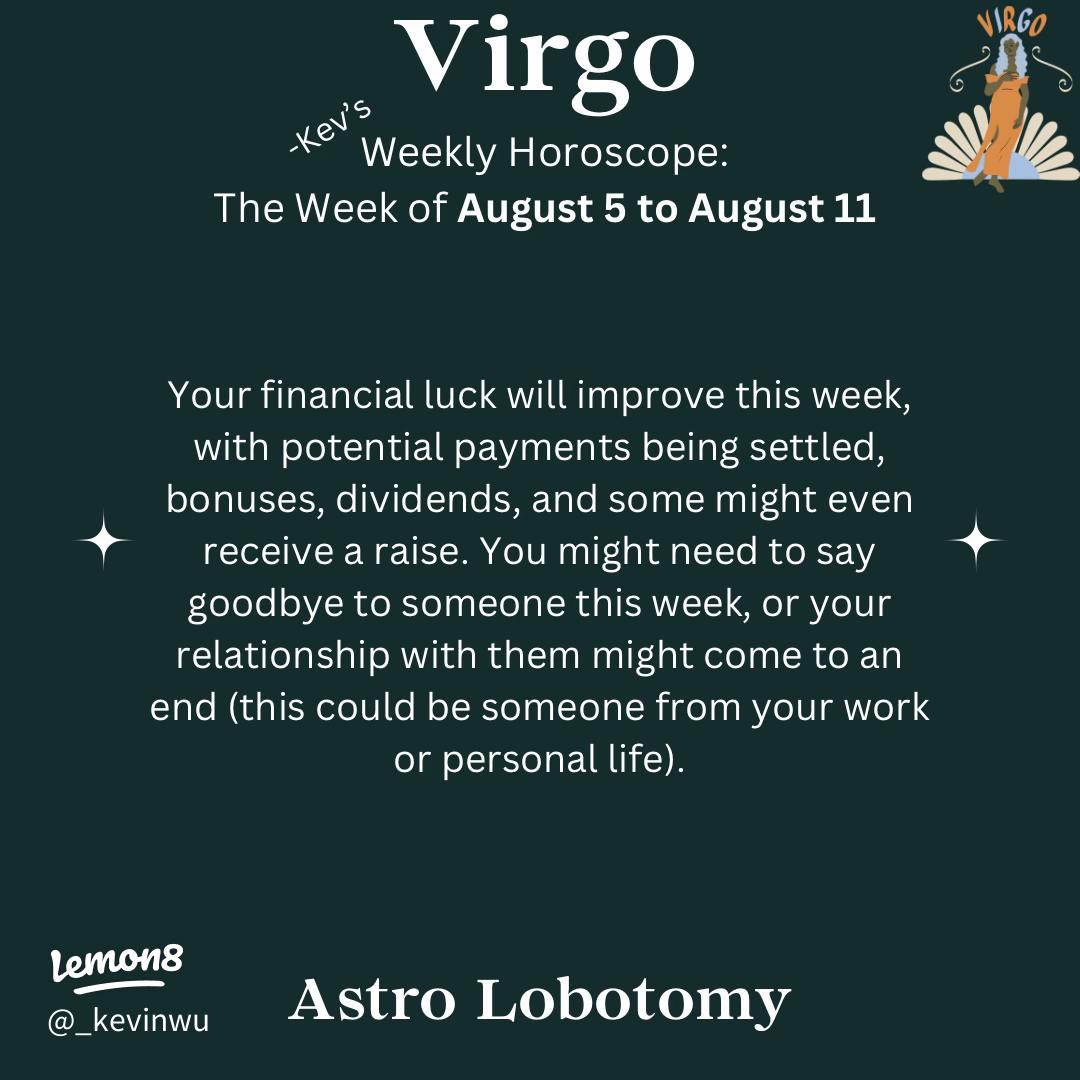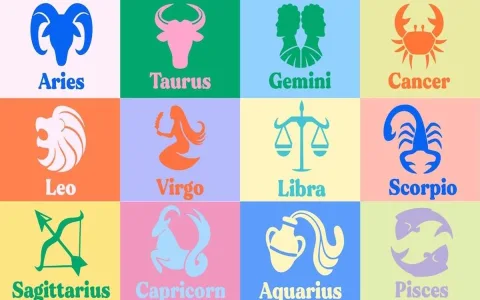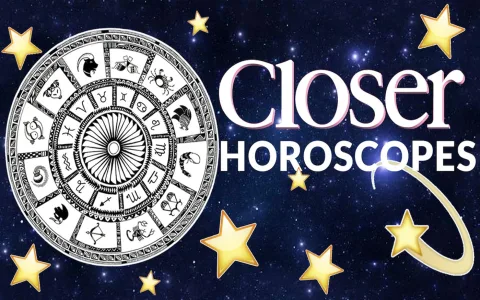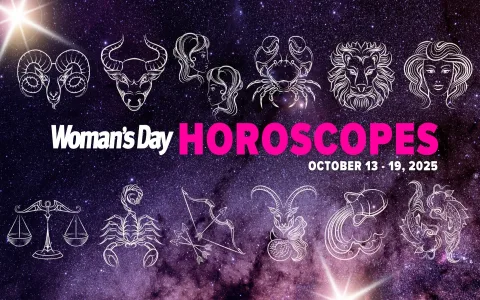Man, let me tell you, I’ve been tracking these weekly energy shifts for ages now, but this week’s dive into Virgo love dynamics really threw me for a loop. It all started when I got this frantic DM from a regular follower—a classic over-thinker, pure Earth sign energy—who had absolutely torpedoed a relationship that was going great, just by trying to ‘optimize’ it. It got me thinking: we spend so much time focusing on attraction, we forget the simple ways we actively sabotage good things.
So, I decided to dedicate my entire weekly practice session to isolating the top, most avoidable relationship mistakes I see Virgos making, or those partnered with Virgos struggling with. This wasn’t just a casual reading; I grabbed three specific decks—my reliable RWS clone for clarity, a darker oracle deck for shadow work, and a simple romance deck for the potential outcome energy. I needed three distinct voices arguing the same point.
Setting Up the Practice: Isolating the Problem
First thing, I cleared the space. You gotta get rid of the residual crap from the day. I saged the area, slapped the decks down hard on the table to shake loose the previous readings, and set a very specific intention: Show me the pattern of self-sabotage that is most easily recognized and fixed this week. I wrote that down on a sticky note and stuck it right under the center of my spread.

I chose a simple five-card linear spread this time, because complexity just clouds the message when you’re dealing with highly analytical energy like Virgo. The positions I defined were:
- Card 1: The Primary Intentional Mistake (What they think they are fixing).
- Card 2: The Unintended Consequence (The actual damage done).
- Card 3: The Avoidance Path (How to step away from the mistake).
- Card 4: The Immediate Fix (The required action this week).
- Card 5: The Long-Term Clarity (The result of making the fix).
I shuffled. Man, I shuffled until my arms ached. I kept repeating the intention over and over. Then, I cut the deck exactly three times, using the left hand to keep the subconscious involved, and pulled the five cards face down, laying them out from left to right on the cloth.
The Deep Dive: Unpacking the Relationship Traps
I flipped the cards one by one. The patterns were immediate, loud, and frankly, kind of depressing. The cards immediately pointed to three major recurring themes, and I categorized them:
The First Mistake: The “Perfection Trap.”
The first card, the primary mistake, showed up as the Four of Pentacles reversed. In context, this wasn’t about hoarding money; it was about hoarding control and expectations. It meant they are holding onto some idealized version of what the relationship should be, rather than accepting the messy, complicated reality of what it is. They are constantly checking off boxes, and when the partner doesn’t fit the spreadsheet, they push away. I’ve seen this wreck more good dates than bad manners ever could.
The Second Mistake: The “Silent Scoreboard.”
The second position (unintended consequence) consistently presented the Three of Swords. Ouch. This showed that their meticulous nature turns into a silent, internal scorecard. They don’t communicate when something annoys them; they log it. Then, when a fight finally erupts, they throw out a list of grievances dating back six months. This causes devastating, unnecessary emotional pain because the partner never had a chance to fix the small issues. That silent accounting creates the emotional wound.
The Third Mistake: Over-Analysis Paralysis.
The required action card came up as the Knight of Swords reversed. This confirmed the final mistake: over-thinking the logistics so much that they kill the spontaneity and passion. They analyze the text messages, debate the tone of voice, plan out the next three dates meticulously, and then get angry when life interrupts the flow. The energy gets stuck in the head instead of flowing into the connection. They need to stop thinking and start doing—get messy, take risks, and stop running every impulse through three layers of risk assessment.
Realizing the Fix and Moving Forward
After recording these findings across all three decks—which, surprisingly, aligned perfectly—I spent time reflecting on the Avoidance Path (Card 3). It showed up as the Temperance card upright. That was the clear path: Balance and patience. No dramatic exit needed, just a conscious effort to blend the logic (Virgo’s strength) with the emotional flow (the relationship’s lifeblood).
I wrote up the final advice for my follower, which essentially boiled down to: Put the checklist away. Talk about the small stuff before it becomes the big stuff. And for God’s sake, stop waiting for the perfect moment to enjoy what you already have. This practice session really drove home that the most profound insights aren’t always about big cosmic events, but about simply recognizing the terrible little habits we let chip away at our happiness. It was a tiring but incredibly clear session, and now I feel ready to share these actionable takeaways.







